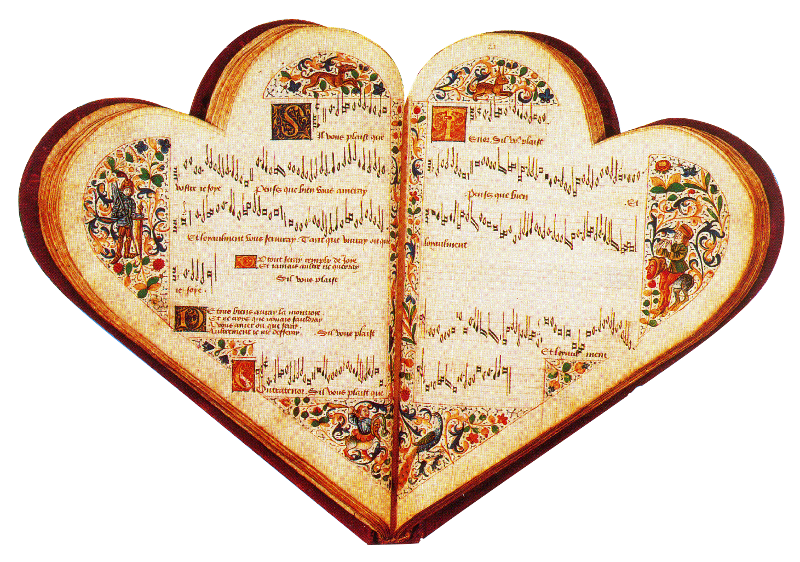Classique
Contenu
1. O wär’ ich schon mit dir vereint, Marzelline’s aria from Fidelio [Beethoven, Ludwig van]
2. Adieu, fière cite, Dido’s aria from Les Troyens [Berlioz, Hector]
3. O petite étoile!, Lazuli’s romance from L’Étoile [Chabrier, Emmanuel]
4. Divinités du Styx, Alceste’s aria from Alceste, Paris version 1776 [Gluck, Christoph Willibald]
5. Qual vita è questa mai – Che fiero momento, Eurydice’s recitative and aria from Orfeo ed Euridice, Vienna version 1762 [Gluck, Christoph Willibald]
6. Tornami a vagheggiar, Morgana’s aria from Alcina HWV 34 [Handel, George Frideric]
7. Frondi tenere – Ombra mai fu, Xerxes’ recitative and aria from Serse HWV 40 [Handel, George Frideric]
8. È amore di natura, Nerina’s aria from La fedeltà premiata Hob. XXVIII:10 [Haydn, Joseph]
9. Signor, quel infelice, Proserpina’s aria from L’Orfeo [Monteverdi, Claudio]
10. Ach ich fühl’s, es ist verschwunden!, Pamina’s aria from The Magic Flute K.622 [Mozart, Wolfgang Amadeus]
11. Giunse alfin il momento – Deh vieni non tardar, Susanna’s recitative and aria from The Marriage of Figaro K.492 [Mozart, Wolfgang Amadeus]
12. Kdybych se co takového - If I ever should find out, Mary’s aria from Prodaná nevesta - The Bartered Bride [Smetana, Bedrich]
Description :
An appetiser for our high-quality Urtext opera vocal scores - give it a try and enjoy! This collection of opera arias for soprano (or mezzo-soprano) and piano offers a cross-section of Bärenreiter's extensive catalogue of stage works. An affordable anthology with such well-known and favourite arias as Handel's famous "Ombra mai fu” and Mozart's "Ach ich fühl's, es ist verschwunden!” is not only suited for voice students and aspiring singers preparing for examinations and auditions, but also provides seasoned professionals with inspiration and material for programming their recitals. The collection spans a representative arch from the early baroque to the romantic era, gathering together repertoire masterpieces by Monteverdi, Handel, Gluck, Haydn, Mozart, Beethoven, Berlioz, Smetana and Chabrier. The pieces are in Italian, French, Czech and German and include, for the most part, a singable translation in German. The spectrum ranges from the declamatory style to easy coloratura. The piano arrangements have been prepared by experienced conductors and répétiteurs.






 Gagnez un bon d'achat dès 50€
Gagnez un bon d'achat dès 50€
 30 jours pour changer d'avis
30 jours pour changer d'avis





